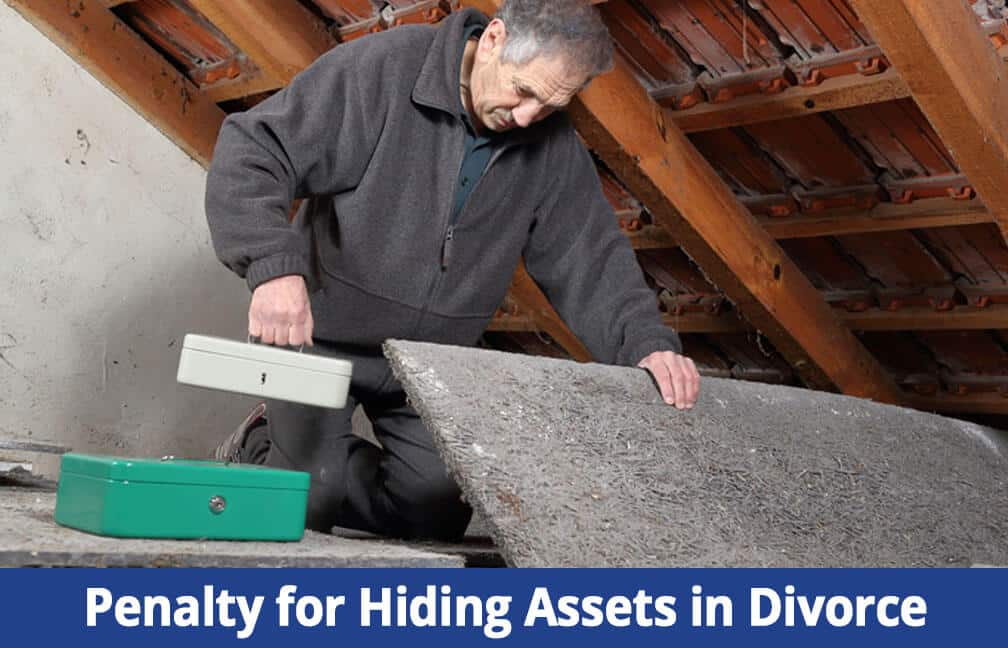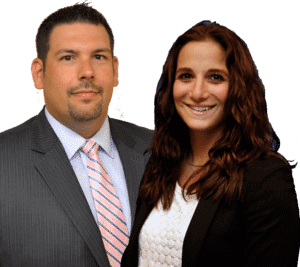What Is the Penalty for Hiding Assets in a Divorce?

The State of New York is an equitable distribution state, meaning that in the event of a divorce, shared property and assets must be distributed equitably — although not necessarily equally — between spouses. To accomplish this, full disclosure of assets on each side is necessary. Concealing assets is illegal and punishable by law. Here’s what you should know about the full disclosure requirement, the penalty for hiding assets, and how to get the legal help you need to protect what is rightfully yours in your divorce.
The Requirement to Disclose Assets in a Long Island Divorce
In a divorce on Long Island, both spouses are required to fully disclose separate and marital assets. The court then assesses the property of each spouse and makes a determination of how to allocate the assets based on equitable distribution laws.
What Assets Must Be Disclosed in a Divorce?
All assets must be disclosed in a divorce, including assets that a spouse owned prior to the divorce, called separate property. Assets that are required to be disclosed include but aren’t limited to:
- All real property owned by each spouse
- Vehicle(s) owned by each spouse
- Checking and savings accounts of each spouse
- Investments, stocks, and bonds of each spouse
- Businesses that each spouse owns or co-owns
- Debts that are owed by each spouse
Confronting the Issue of Concealing Assets in a Divorce
In New York, hiding assets during a divorce in an attempt to avoid those assets being divided or awarded to the other party can be considered perjury, or lying under oath. Because the financial documents submitted in a divorce are legal in nature, falsifying them in any manner are likely to fall under perjury laws. If you believe your spouse may be hiding assets, it’s important to consider what evidence you can gather to offer proof of their actions to the court. Often, you’ll need to work with a forensic accountant.
A forensic accountant is a type of accountant that uses their skills in finance and auditing to perform a thorough investigation of the financial holdings of a business or individual. Forensic accountants are an invaluable tool to have in your arsenal when divorcing, particularly if your divorce is contested or is a high-net-worth divorce. Since forensic accountants are considered expert witnesses, a judge and jury will give their statement more weight when evaluating evidence.
Perjury Penalties in New York
The penalties for perjury are nothing to take lightly. They can impact your career, your reputation, and your relationships. The punishments for perjury include:
Third-Degree Perjury
Third-degree perjury is considered a Class A misdemeanor. It is punishable by incarceration for up to one year and up to a $1,000 fine.
Second-Degree Perjury
Second-Degree perjury is designated a Class E felony. It is punishable by incarceration in state prison for up to four years, plus fines.
First-Degree Perjury
First-Degree perjury is the most severe perjury charge and is a Class D felony. It carries a minimum penalty of one year in prison and potentially up to seven.
If you are found to be concealing assets and are charged with perjury, the severity of your charge and its penalties will be up to the judge presiding over your criminal case. Generally, the more assets you are found to be hiding, and the greater their value, the more serious the consequences will be.
Protect Your Assets — Get Help from an Experienced Long Island Divorce Lawyer Today
If your spouse successfully hides assets during your divorce proceeding, you could be left without the funds needed to live independently and without things that rightfully belong to you. At Hornberger Verbitsky, P.C., we can help ensure that your spouse provides full disclosure of all assets in your divorce. If they are found to be hiding assets, we will work with an expert forensic financial analyst who will review all available evidence to determine if, what, and how assets are being hidden. Those assets will then be added to other listed assets and be subject to the equitable distribution laws of New York.
Contact us today at 631-923-1910 for a consultation to discuss your legal options if you believe your spouse is concealing assets.
SCHEDULE YOUR FREE CONSULTATION TODAY
Call 631-923-1910 or fill in the form below

Schedule your complimentary consultation and case evaluation with our experienced attorneys today. When you call, you’ll speak to our friendly Client Services Director, who will be able to answer your general questions and set up your appointment with an attorney who specializes in your unique case.
At your meeting, your attorney will describe the many options available and determine together which is the right solution for you. By the end of this meeting we’ll all understand how we can best help you to move forward.
No Cost or Obligation
There is no cost or obligation for this initial consultation. It is simply an opportunity for us to get to know each other, answer your questions and learn if Hornberger Verbitsky, P.C. is right the right law firm for you. Give us a call at 631-923-1910 or fill in the short form below to schedule your free consultation and case evaluation.
All Fields Are Required













